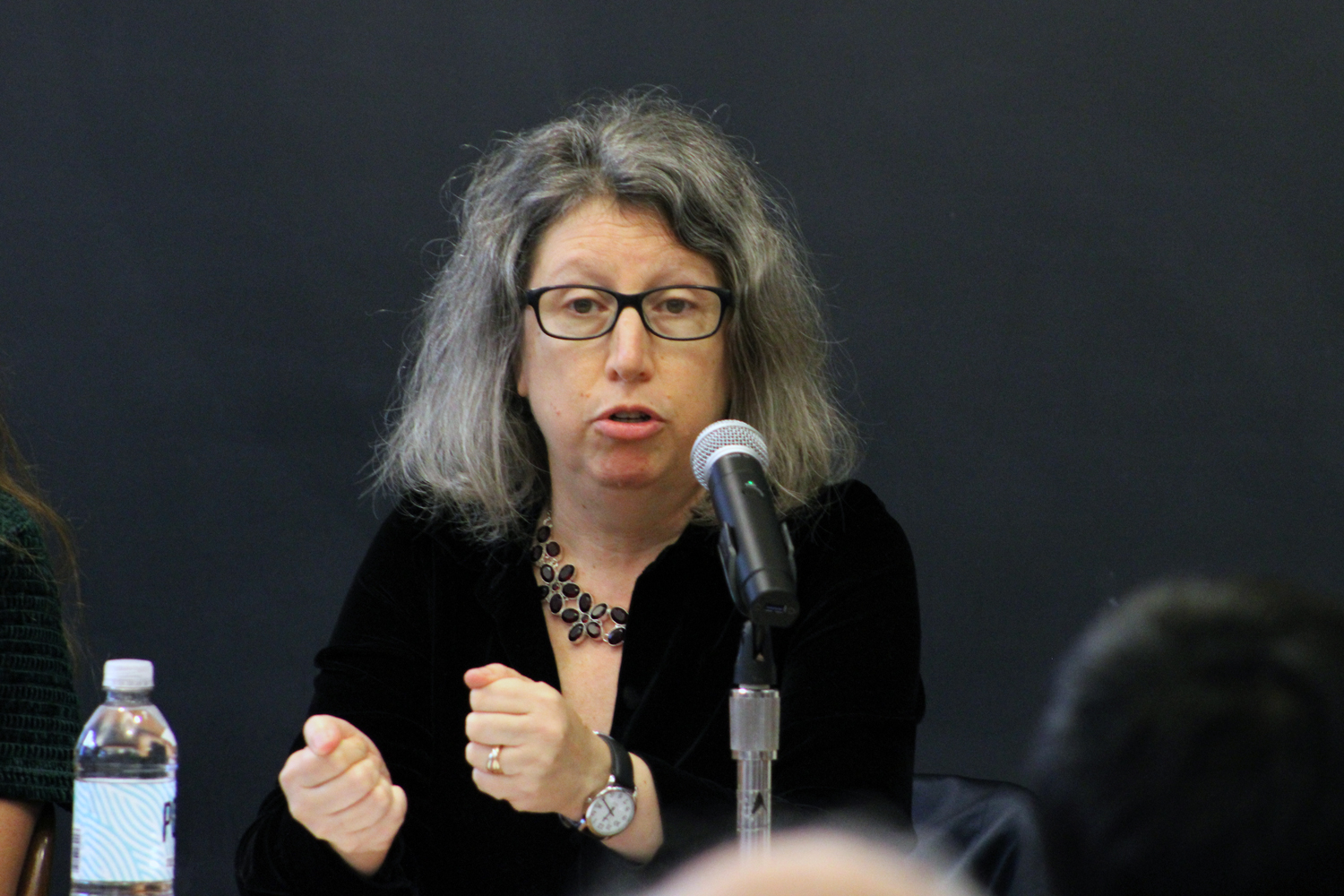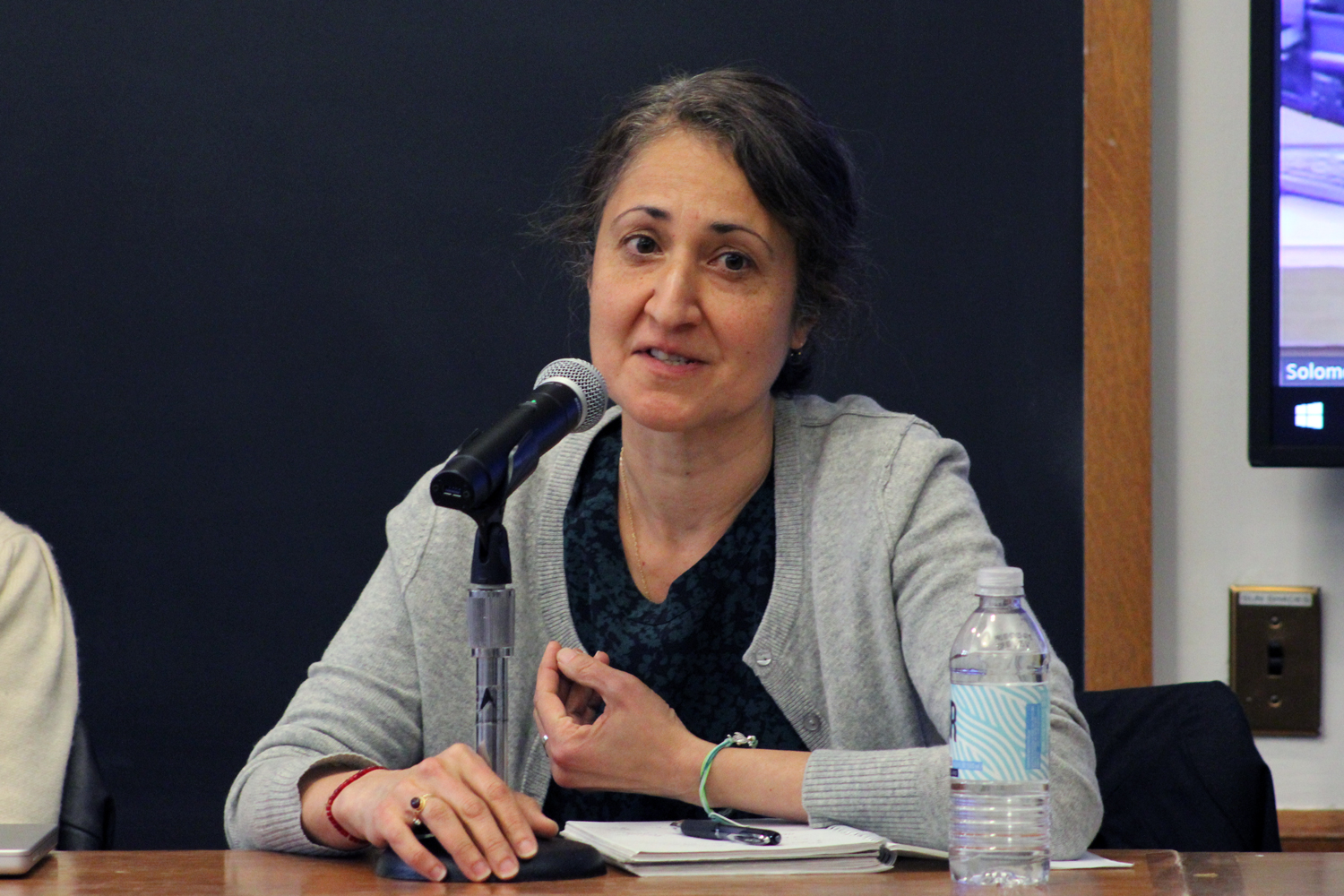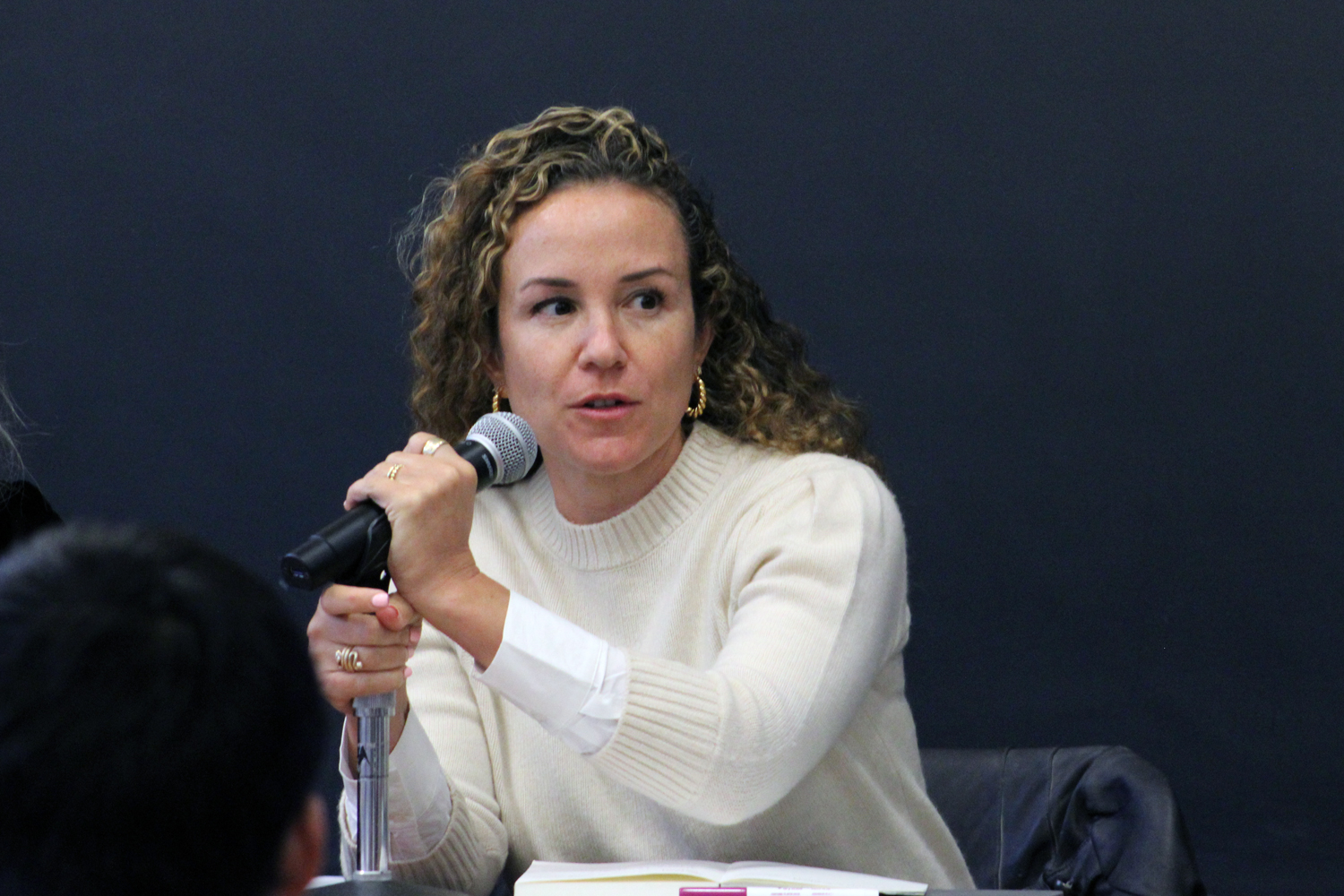Panel Addresses Disability Rights, Health Care, and Incarceration

The Solomon Center for Health Law and Policy hosted “Disability Rights, Health Care, and Incarceration” with panelists Pardiss Kebriaei, Lisa Puglisi, and Margo Schlanger on Oct. 10. The discussion centered on the role of laws such as the Americans with Disabilities Act (ADA) and Section 504 of the Rehabilitation Act in promoting health for people impacted by mass incarceration and disability.
Panelists represented legal and clinical expertise. Schlanger is the Wade H. and Dores M. McCree Collegiate Professor of Law at the University of Michigan Law School. Puglisi is an Associate Professor of Medicine at Yale University. Kebriaei is a Visiting Clinical Lecturer in Law and Senior Liman Fellow in Residence at Yale Law School and a Senior Attorney at the Center for Constitutional Rights.

Schlanger started by noting that carceral spaces lack features that allow people with disability to navigate them. Puglisi, who provides care to formerly incarcerated individuals returning to their communities, backed up this statement with an anecdote. She told the story of a patient who needed a wheelchair but was released to a halfway house that did not have a working elevator.

After establishing the harms associated with carceral environments for those living with physical or mental disabilities, the panel moved to discussing potential actions. Kebriaei proposed a question: Could the ADA be used as a tool for mass decarceration? Panelists discussed the ADA’s potential to serve as such a tool, but Schlanger cautioned that the ADA’s anti-discrimination focus would likely be too narrow given the scale and complexity of mass incarceration. Puglisi pointed out a recent legal success. In Massachusetts, individuals receiving treatment for opioid use disorder, which is considered a disability under the ADA, will have access to maintenance treatment while incarcerated. The panelists discussed other policies as potentially viable options for pursuing decarceration, including implementing innovative Medicaid Section 1115 waivers and repealing the Medicaid Inmate Exclusion Act.

The panel ended with a focus on bridging the gap between communities and carceral systems, with several questions from the audience focused on what can be done for incarcerated populations moving forward.
The event was co-sponsored by the Yale Health Law and Policy Society (YHeLPS), the Arthur Liman Center for Public Interest Law, Disabled Law Students Association (DLSA), and the Civil Rights Project.


